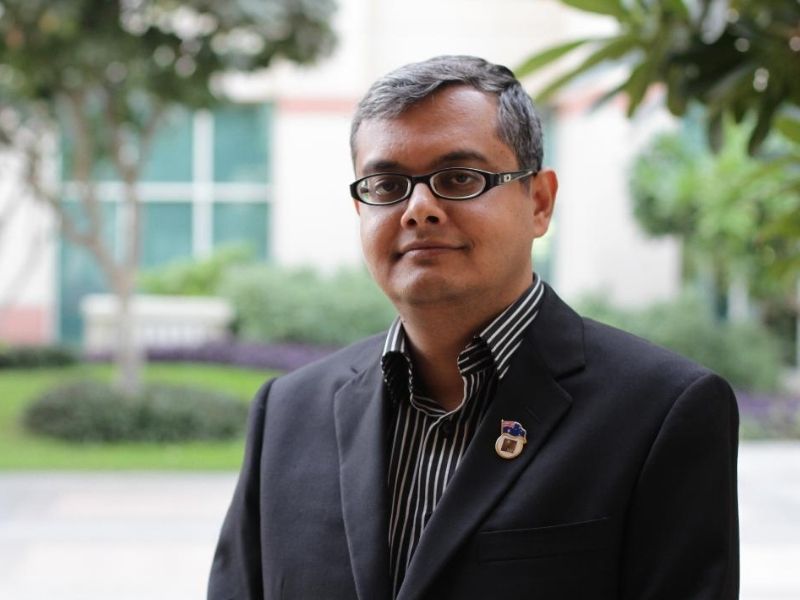Dr. Arindam Banerjee, Associate Professor and Director – Student Recruitment (UG Programs), S P Jain School of Global Management, Dubai
What makes any multi-city learning model so unique?
The uniqueness of a global business program lies in its design. A design that is curated to craft graduates with skills of critical thinking and decision making coupled with nurturing well-developed business insights. Further, a keen focus on developing real-world business skills such as global intelligence, globally adaptable personal effectiveness skills and subject-level expertise results in a mindset that is confident at the global business stage.
So, what lies at the heart of a globally confident and aware business graduate. Transforming individuals into innovative, flexible and extremely competent graduates capable of drawing on their understanding of the real world and global awareness. At the core of this global awareness lies experiencing global cultures. This immersive experience of globally divergent cultures, studying international business practices, networking with business executives and community leaders and making friends from all over the world equips graduates with practical hands-on experience of various business environments.
Thus, the unique multi-city learning model develops young minds in a way that a single city campus can never do. Global experience also broadens one’s perspective and enhances social skills. It is simply incredible to visualize a classroom with peers from all over the world! There are American, Armenian, Bolivian, Danish, Dominican, Filipino, Finnish, Indian, Indonesian, Italian, Jordanian, Kyrgyzstani, Kazakhstani, Korean, Malaysian, Mauritian, Nepalese, Russian, Singaporean, Tajik, Uzbekistani and Vietnamese. This diversity translates into broadening the experiential learning through the contribution each makes to the learning process as they come from multinational backgrounds, cultures and mindsets, and its impact on everyone’s professional development.
Practical hands-on approach
Doing business in one country is very different from doing the same in other countries. Inability to understand business practices, political systems and consumer preferences results in the failure of organisations globally which otherwise are successful in their home country. Target’s withdrawal from Canada, Carrefour’s withdrawal from Singapore, Home Depot failure to inspire the DIY movement in China, Walmart shunning out of Germany, Starbucks not so pleasing experience in Australia, Mattel misadventure in China and Tesco’s inability to appetize the Americans are among many examples that goes on to exemplify the importance of global culture in a globally connected business environment.
Specialized global Immersion courses help students to understand the interconnected nature of business and finance, the influence and impact of culture, consumer preferences and technological maturity on business decisions, risks and gains of stepping outside one’s home country and global collaboration and best practices. At the same time, global experience goes beyond the confined walls of the classroom through structure global immersion activities that expose graduates to regional business practices, political beliefs and cultures.
In summary
The language of business may be universal, but there is no one way of doing business. A traditional single-campus model of business education may equip graduates with the skills to excel in one country but will miss on the much-needed skills required to adapt to the global business landscape. A multi-country learning model provides a unique opportunity for global exposure and experience and through activities, both inside and beyond the classroom by exposing how business practices differ around the world. This will give graduates an edge in a competitive global business environment.
Also read:
Student background check: Required by colleges at abroad
Indian degree vs foreign degree: Is studying overseas a right option?
